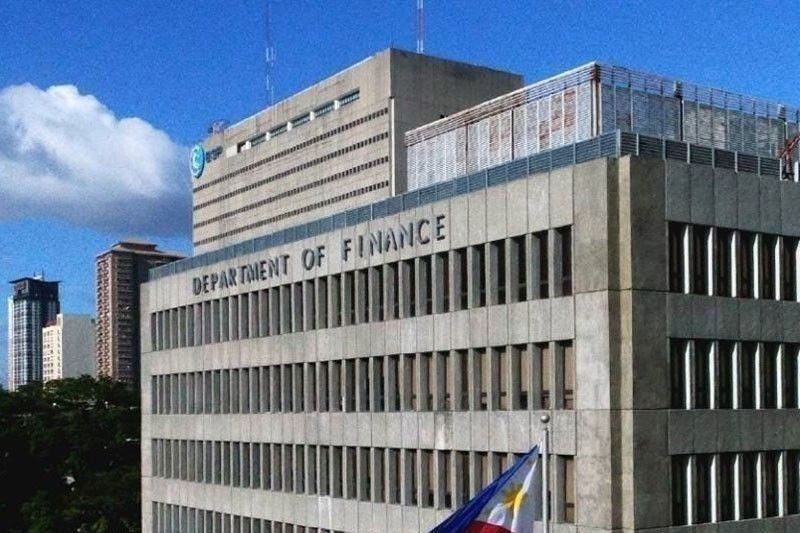Fiscal reforms to result in more taxes, less exemptions to pay off debts – DOF

MANILA, Philippines — Filipinos should brace for additional taxes and reduced exemptions in the next six years under proposed fiscal reforms for the incoming administration to pay off debts, the Department of Finance (DOF) yesterday said.
The DOF said it would pass on a three-tranche reform program that can do two things: bring in at least P349.3 billion in new revenues every year and trim the debt ratio to 55.4 percent of the economy by 2025.
Based on estimates, the next administration needs to raise incremental revenues of up to P249 billion a year to avoid accumulating new debts to pay for maturing debts.
Under the first tranche of the consolidation plan, the DOF said the next administration could defer the reduction in personal income tax (PIT) scheduled under the Tax Reform for Acceleration and Inclusion (TRAIN) Law. Deferring the PIT cut for three years can put up additional revenues worth P97.7 billion from 2023 to 2025.
Further, the DOF said the incoming presidency of Ferdinand Marcos Jr. could repeal exemptions on VAT, retaining the coverage to a few purchases only, including agricultural, food, and medical products. By eliminating the exemptions, the government can gain P142.5 billion every year.
In return, the DOF said policymakers could slash the 12 percent VAT to as low as 10 percent, depending on how much revenue losses the government can afford.
DOF chief economist Gil Beltran said the government forfeits P64.1 billion for every one percent drop in the VAT rate using the 2021 base of P769.9 billion in VAT collections.
The first tranche also urges the next administration to adjust the motor vehicle users’ charge, last changed in 2004, to generate another P38.3 billion in revenues yearly.
Policymakers can also consider slapping a mandatory casino admissions charge of P3,500, as well as a gaming tax of five percent on gross bets minus payouts, to punish gamblers. Imposing such fees will add P13.1 billion to state resources annually.
As for the second tranche, the next administration has to introduce reforms on health taxes as a way to levy alcopops, cigarettes, e-cigarettes, non-nutritious foods and sugary drinks. Under the proposal, alcopops – flavored beverages with relatively low alcoholic volume – will be taxed just the same as fermented liquors.
Excise taxes on cigarettes and e-cigarettes will be jacked up as well, while a unitary rate of P12 per liter on sugar-sweetened beverages will be placed, all in an effort to generate P91.4 billion in sin revenues every year.
Similarly, the second tranche requires the incoming administration to expand petroleum excise tax by P1 per liter for a minimum of three years and slap an excise tax on domestic coal to collect at least P35.4 billion a year.
The last tranche, on the other hand, asks the government to enforce a tax on carbon emissions, although the DOF has no computation yet on the rate nor any projection on the revenue.
Finance Secretary Carlos Dominguez III said the DOF would draft the legislation containing the tax reforms proposed to the succeeding administration. Although he warned that getting the measures passed into law may face controversies, neglecting the debt could result in worse consequences on the fiscal end.
Dominguez said borrowing rates here and abroad are surging as a result of the policy tightening among central banks, particularly the US Fed. In the long term, the economy may suffer from a credit rating downgrade that could even bloat debt payments.
However, Dominguez said the reform measures have yet to be transmitted to the Marcos camp, as Marcos has yet to disclose his complete team of economic managers, especially the finance chief.
The outstanding debt of the Philippines is projected to soar to a record P13.42 trillion by the end of 2022, leaving the next administration with minimum space to pile up new borrowings.
As of March, the debt pile, when measured against the gross domestic product (GDP), has hit a 17-year high of 63.5 percent, exceeding the red flag of 60 percent for debt-to-GDP ratio used by the international community.
- Latest
- Trending




























